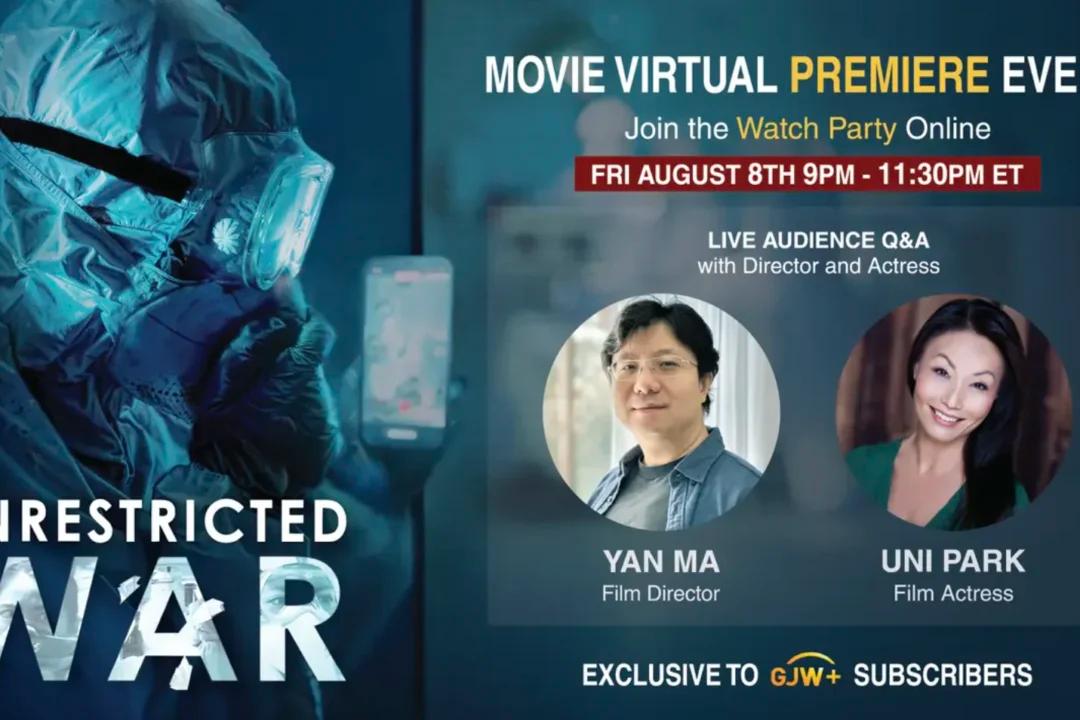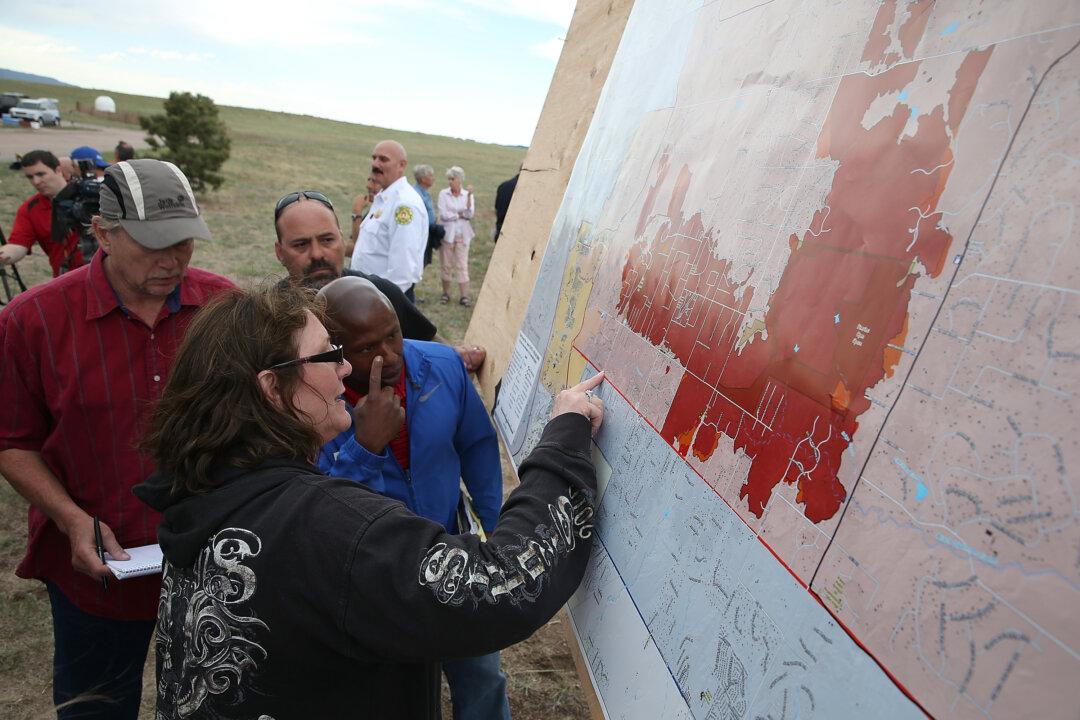In a wave of states signing voter ID laws, South Carolina almost became the eighth state requiring a government-issued ID to vote, but that request was denied by the Department of Justice (DOJ) this past December.
In the 1960s, the Voting Rights Act outlawed discrimination at the polls, ensuring that every American has the right to vote. The South, with a history of discriminatory voting strategies, needs permission from the DOJ before new voting laws can become a reality.
To date, seven states require voters to have a government-issued ID, eight states require any photo ID, eighteen require a non-photo ID, and the rest have no voter ID law, according to the National Conference of State Legislation website. North Carolina Gov. Bev Perdue vetoed the voter ID law.
Katie O‘Connor, a staff attorney with the ACLU Voting Rights Project, said in a phone interview that the DOJ did the right thing, taking a stand for the people’s right to vote. “Voter ID laws will have a profound impact. It can discourage and deter a lot of people, which is the exact opposite what we should be doing,” said O’Connor.
In 2008, the United States Supreme Court ruled that an Indiana law requiring voters to show an ID was constitutional, and according to O‘Connor, this is what “opened the floodgates” to voter ID laws. But O’Connor thinks the Republican-led voter ID law in South Carolina will make a comeback and the news is only temporary.
“The number of voters in South Carolina reported by the state is actually much higher when reported by the DMV. The state can go back and give the DOJ more information,” said O'Connor.
According to the Lawyers’ Committee for Civil Rights Under Law, the S.C. voter ID law “will affect at least 216,596 registered voters—many of them minority, elderly, or disabled—who lack a photo ID. … the state has failed to prove the law does not discriminate against minority voters and has not made provisions for a voter education program that would eliminate the racial disparity,” states a press release.
The voter ID law may be scratching the surface of something even bigger; we’ve yet to see equality in voting, and hardship in obtaining proper identification cards is a real problem.
Theodora Martin was waiting for a bus in downtown Columbia, S.C. Martin, in her early 50s, is looking to go back to school to read and write. “I want to vote. I do not have an ID, I need to get one,” said Martin. She knows that nearby charities can help a person get proper identification when needed.
Jeremy Laughead, director of community ministries with The Oliver Gospel Mission in Columbia, helps people in need. One of the services Laughead provides is helping people get proper ID cards, currently not for voting but for basic daily needs, and he knows a lot: where to go, what information is needed, how much it costs, and how long it takes.
Laughead admits there is still a lot of processes in obtaining an ID that he does not know. “I think there may be more hardship in obtaining a birth certificate and proof of residency,” said Laughead. You need a birth certificate and proof of residency to obtain an ID from the DMV.
On the S.C. vital records website, it states that to obtain a birth certificate, a person “must show a valid government, school, or employer issued photo identification. Applications without proper identification will be rejected...” It takes 30 days to vote after registering, and up to 60 days to get a government ID after applying.
Laughead recalled a time when a man from New York moved to South Carolina, and as he stepped off the bus he was mugged. Everything was gone in flash—his wallet, ID, birth certificate, social security card, and so forth.
Laughead says he has seen it all, from losing all identification documents in fires to proving a birth by using a family Bible. In the early 1900s, babies born at home to a midwife may have never been issued a birth certificate, and in those cases Laughead said they were able to use a family Bible with a family tree documented on the front pages.
According to Laughead, a voter ID law may simplify a process he deals with daily.




